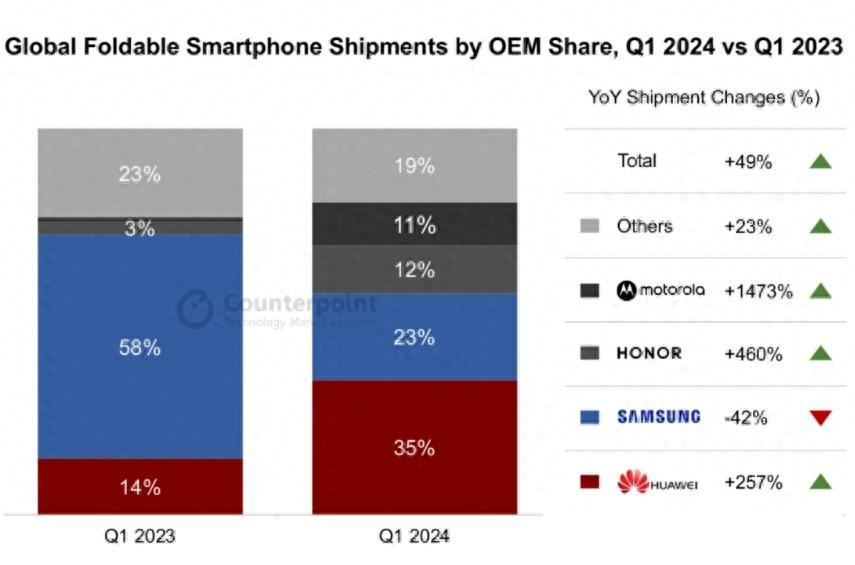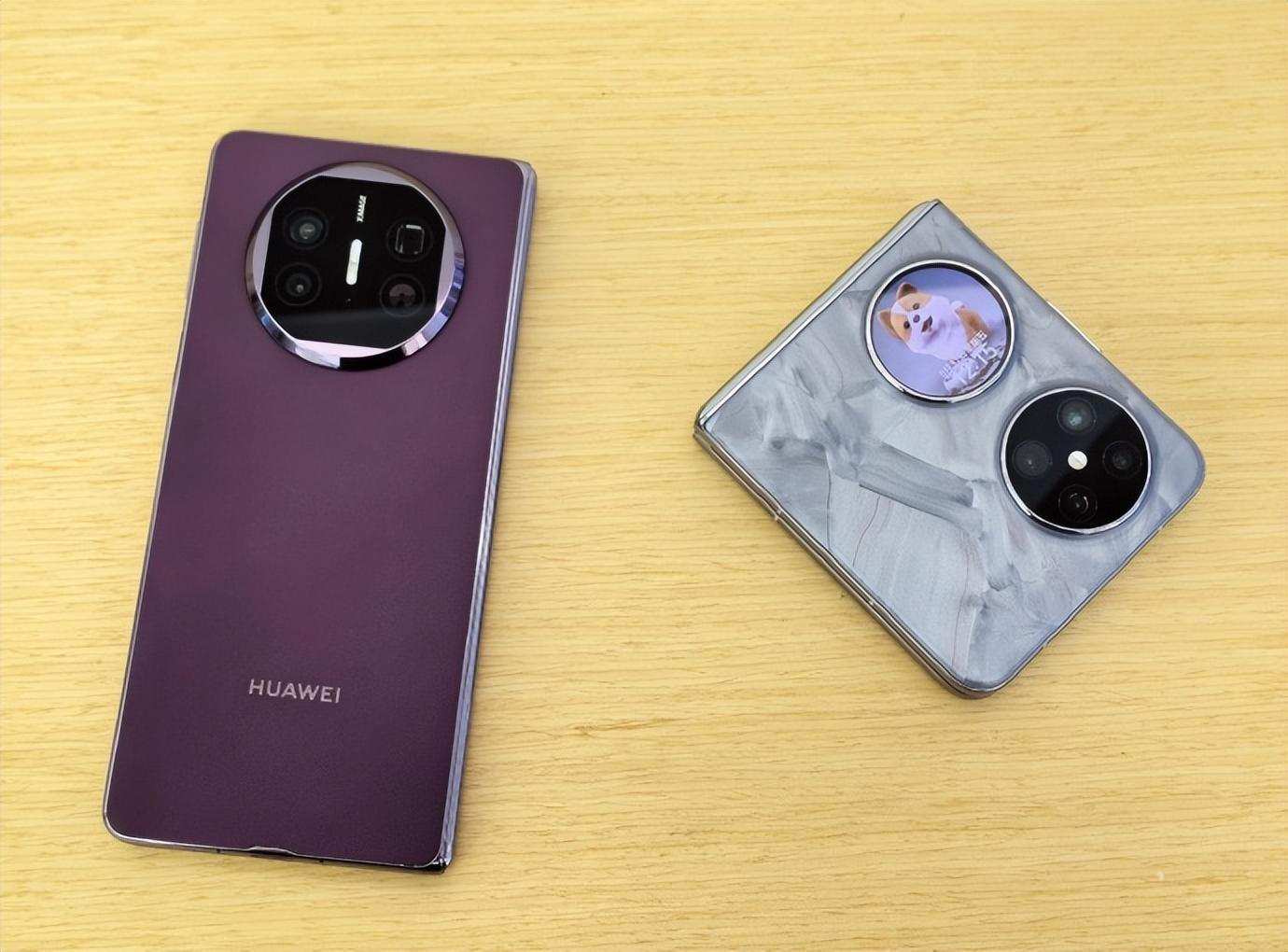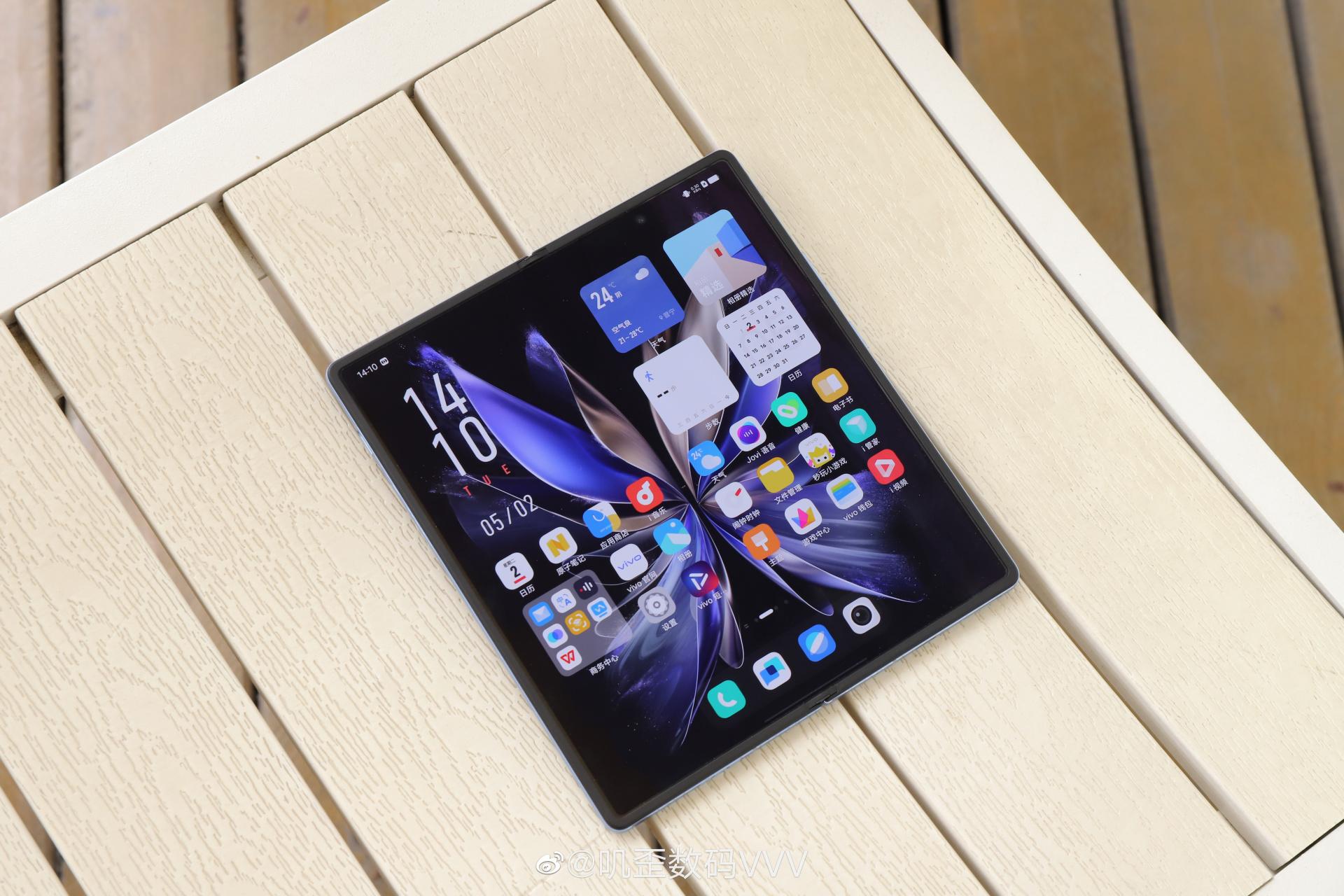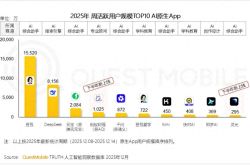Recently, an organization released a global folding screen data report for the first quarter of 2024. According to the report, folding screen phone sales increased by 49% in the first quarter, reaching a six-month high.
Huawei saw a significant increase of 257%, surpassing Samsung and capturing a 35% share. Samsung saw a sharp drop of 42%, with only 23% of the share. Honor increased by 460% and ranked third, followed by Motorola with a whopping 1473% increase to rank fourth.

It is evident that the folding screen market is now dominated by domestic brands, as apart from Samsung, all other brands are Chinese, and Apple has not launched a folding screen phone.
However, honestly speaking, despite the current situation, I still believe that folding screen phones are essentially a chicken rib. Their sales are extremely low, and phone manufacturers are caught in a dilemma. Manufacturing folding screen phones may not be profitable, but not manufacturing them may lead to missing out on opportunities and the future.

In the first quarter of 2023, global folding screen phone sales were approximately 2.5 million units. In the first quarter of 2024, sales increased by 49% year-on-year, reaching approximately 3.75 million units. Let's round it up to 3.8 million units for calculation purposes.
In the first quarter of 2024, global smartphone sales were around 300 million units. Compared to 300 million units, 3.8 million units represent a share of approximately 1.3%, which can be neglected.
Looking specifically at each brand, Huawei accounts for 35%, which translates to 1.225 million units, Samsung has 870,000 units, Honor has 460,000 units, and Motorola has 420,000 units.

These are quarterly sales figures. Even if we multiply them by 4 for the entire year, Huawei's actual sales would still be less than 5 million units, Samsung around 3 million units, and Honor and Motorola less than 2 million units.
With such sales figures, only Huawei and Samsung are likely to make some profit, considering that folding screen phones are quite expensive, often equivalent to two or three regular phones. However, among these sales, there are also many small folding screen phones with low prices.
Therefore, compared to all smartphones, these sales figures are indeed negligible.

Of course, these phone manufacturers are more gambling on the future. Although current sales are not impressive, with annual sales of around 20 million units, who knows if they might reach 50 million or even 100 million units in the future?
Therefore, despite not making a profit, these phone manufacturers dare not give up. They are afraid that if they stop manufacturing folding screen phones and they suddenly become popular, they will miss out on this opportunity. Currently, even though folding screen phones are essentially chicken ribs, they are still being treated like drumsticks.

So, here comes the question: Will folding screen phones become mainstream in the future? I think it's really difficult.
The biggest advantage of folding screen phones is that they can have a large screen when unfolded. However, this advantage is accompanied by a series of disadvantages. For example, they are relatively thick and heavy when folded, making them inconvenient to carry.
Take Huawei MateX5 as an example. It is 11.08mm thick and weighs over 240 grams when folded. Most people would feel like carrying a brick in their pocket, making it inconvenient for portability. Moreover, when unfolded, the large screen consumes more power, resulting in shorter battery life.
Isn't it more convenient to use a tablet at home and a phone outside? This is probably why Apple has been hesitating to launch a folding screen phone. The market is too small, and for Apple, every phone they launch must be a bestseller. Currently, global sales figures are not enough to attract Apple to enter this market.






